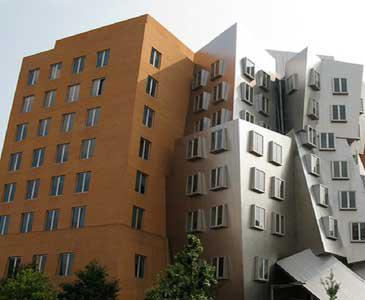Signatures of the great human expansion
Since the emergence of modern humans in Africa, human population histories have been complex and nonstationary. Human populations have, for example, grown rapidly, split apart, migrated over large distances, experienced isolation, and mixed during colonization events. This non-equilibrium history affects the distribution of adaptive and disease-associated mutations among human populations. Despite this, methods to detect selection and disease-association in human population to date have focused on single populations, usually of homogeneous ancestry (e.g., East Asians, self-identified Caucasians). I will discuss how the great demographic and geographic expansion of modern humans has left signatures on the genome-wide human population genetic data, linguistic data, and population pedigrees.

